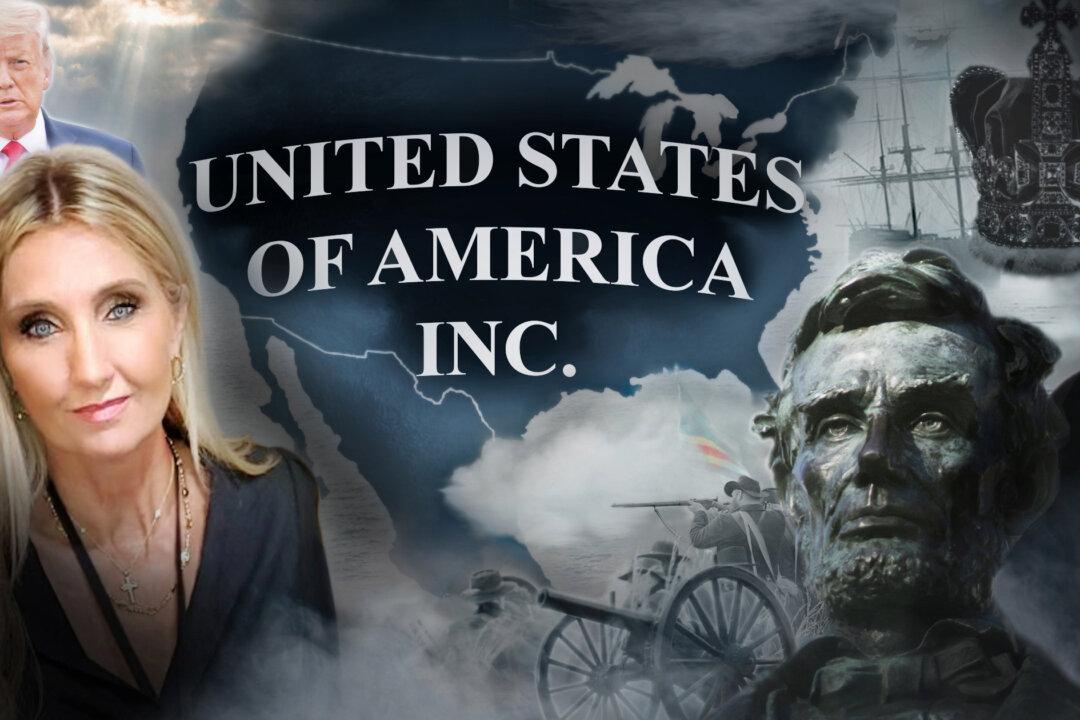The Founding Fathers would be rolling in their graves to see the state of our nation today.
They built a republic where God is above all and where the people, created in His image, are sovereign. The people in turn created their government to serve under them; it was to be small, frugal, and limited—as we would expect our contractor to be. Looking at today’s sprawling administrative state overreach though—with vaccine mandates, endless spending, and leaders who think they are God—something doesn’t jive.






